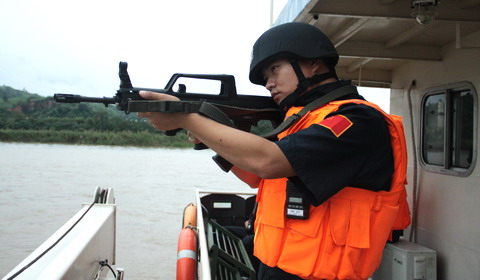Japan passes new defense policy package
Updated: 2013-12-17 16:40
(Xinhua)
|
||||||||
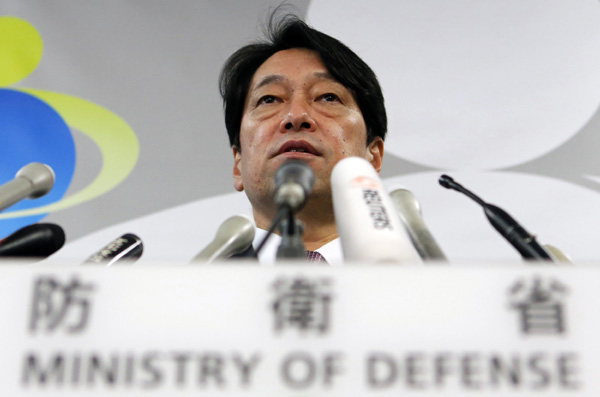 |
|
Japan's Defence Minister Itsunori Onodera speaks at a news conference at a Defence Ministry in Tokyo December 17, 2013. Japan will boost its military spending in coming years, buying early-warning planes, beach-assault vehicles and troop-carrying aircraft. Photo/Agencies |
TOKYO - The Japanese cabinet approved a defense policy package Tuesday to further expand its military might amid increasing regional concerns about its right-leaning politics and surging nationalism.
The defense package includes the national security strategy, the defense program guidelines and a five-year defense buildup plan that envisions 24.7 trillion yen (240 billion US dollars) of military spending in 2014-2019, a 5-percent increase over the five years ending March 2014.
In the document of national security strategy, the government states Japan will seek more "proactive" security roles for the Self-Defense Forces abroad, and will set new guidelines on arms exports, signaling a major shift from the country's previous restrictive policy.
The strategy also put emphasis on a strong Japan-US security alliance as a counterbalance to security threats to Japan.
The 10-year defense program guidelines and the five-year defense buildup plan, together with the overarching national security strategy, are part of hawkish Prime Minister Shinzo Abe's broader drive to raise the country's defense profile.
Since Abe took office, his government has taken an irresponsible approach to Japan's war history by refusing to apologize to its Asian neighbors and trying to revise the country's pacifist constitution.
Japanese politicians' visits to the Yasukuni Shrine, where 14 World War II class-A convicted war criminals are enshrined, have angered Japan's neighbors such as China and South Korea.
In September 2012, Japan unilaterally altered the status quo in the East China Sea by announcing a purchase deal of the Diaoyu Islands of China. The move has since led to increased regional tensions and revived concerns about Japan's militaristic past.

 US first lady visits children in medical center
US first lady visits children in medical center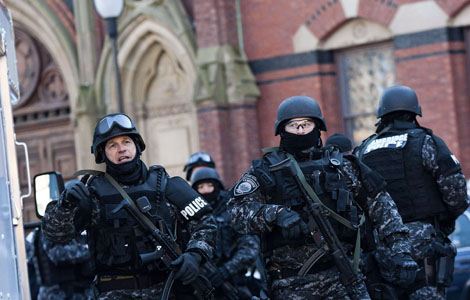
 Harvard reopens after bomb scare
Harvard reopens after bomb scare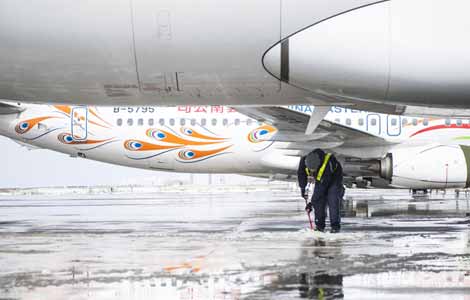
 Snowstorms cause chaos for travelers in Yunnan
Snowstorms cause chaos for travelers in Yunnan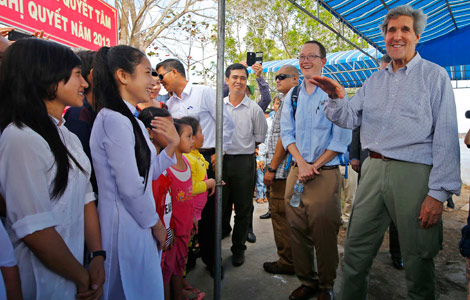
 Kerry offers Hanoi aid in maritime dispute
Kerry offers Hanoi aid in maritime dispute
 Cuddly seal enjoys some me time
Cuddly seal enjoys some me time
 Shoppers dropping department stores
Shoppers dropping department stores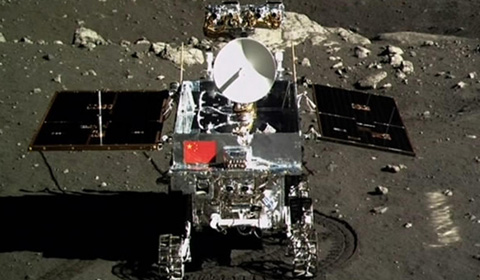
 Moon rover, lander photograph each other
Moon rover, lander photograph each other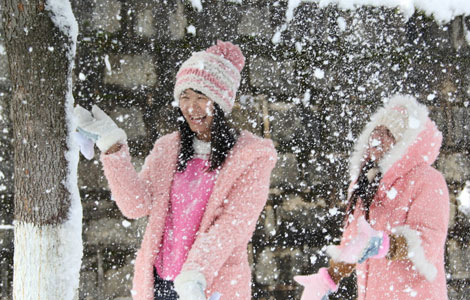
 Snow hits SW China's Yunnan province
Snow hits SW China's Yunnan province
Most Viewed
Editor's Picks

|

|

|

|

|

|
Today's Top News
Japan to bolster
military build-up
Continuity in DPRK policies expected
China keen on natural gas
China outlines diplomatic priorities for 2014
China's US debt holdings pass $1.3 trillion
Clashes with US can be avoided: FM
Kerry offers Hanoi aid in dispute
14 terrorists killed in Xinjiang
US Weekly

|

|


